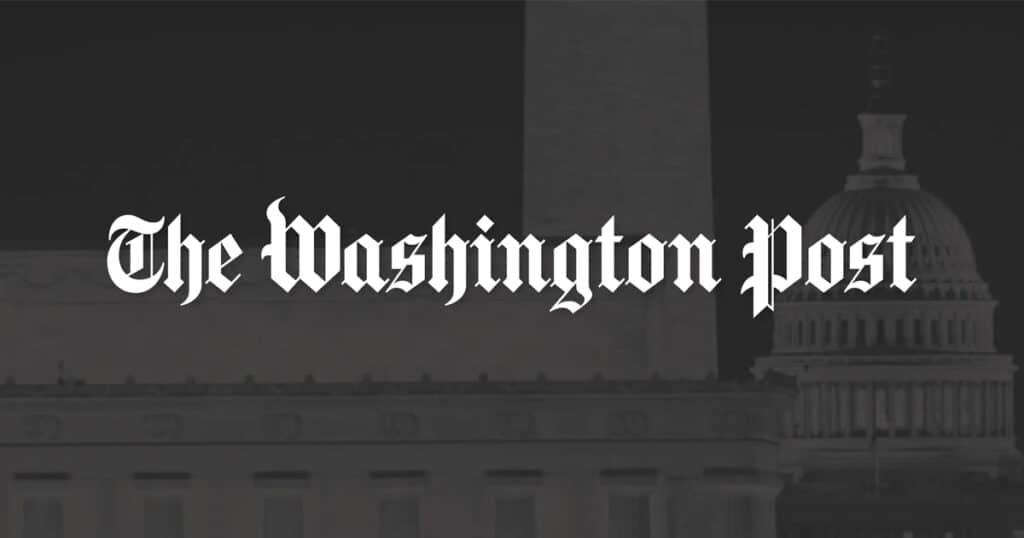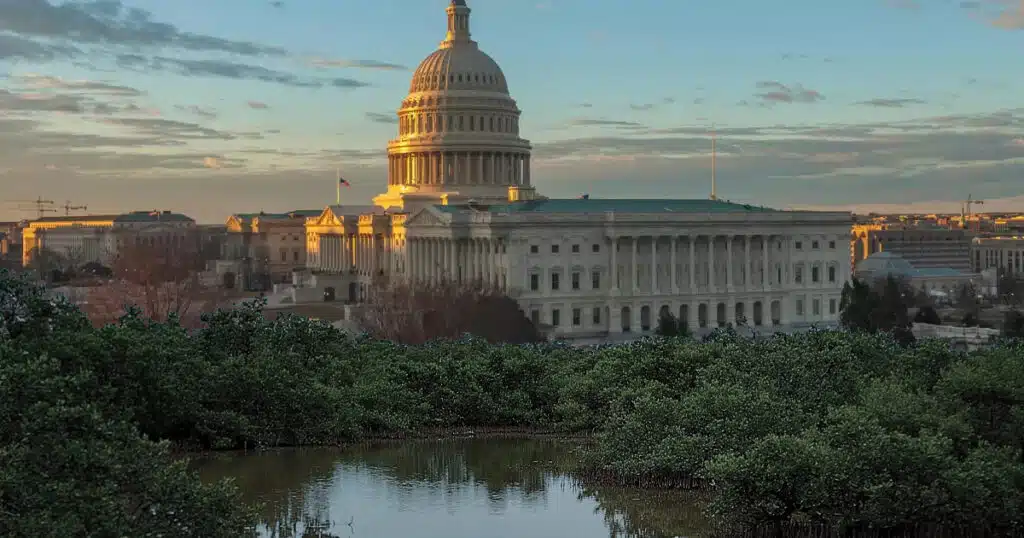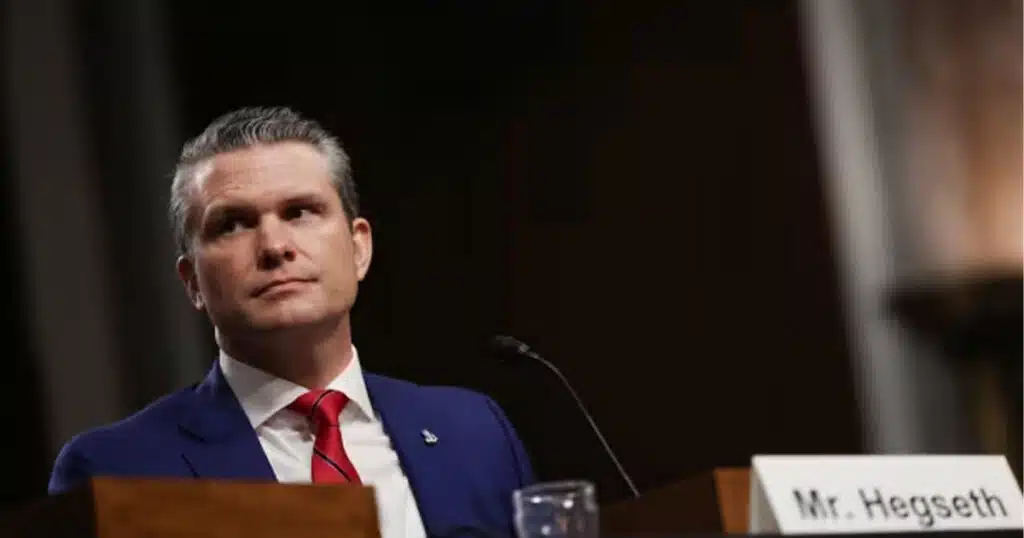
The Only Thing Objective About The Washington Post Anymore Seems To Be Its Poor Quality
ob·jec·tiv·i·ty: The quality of being objective.
sub·jec·tiv·i·ty: The quality of being based on or influenced by personal feelings, tastes, or opinions. The quality of existing in someone’s mind rather than the external world.
stu·pid·i·ty: The Washington Post
It’s no secret that all of the mainstream media left objectivity in the rear-view mirror years ago. Still, most of them defend their absurdity as a “form of objectivity and truth.”
On Monday, the former Executive Director of the paper, Leonard Downie publicly declared on the op-ed page that objectivity was no longer necessary in journalism.
Downie Wrote:
Amid all the profound challenges and changes roiling the American news media today, newsrooms are debating whether traditional objectivity should still be the standard for news reporting. “Objectivity” is defined by most dictionaries as expressing or using facts without distortion by personal beliefs, bias, feelings, or prejudice. Journalistic objectivity has been generally understood to mean much the same thing.
But increasingly, reporters, editors and media critics argue that the concept of journalistic objectivity is a distortion of reality. They point out that the standard was dictated over decades by male editors in predominantly White newsrooms and reinforced their own view of the world. They believe that pursuing objectivity can lead to false balance or misleading “bothsidesism” in covering stories about race, the treatment of women, LGBTQ+ rights, income inequality, climate change and many other subjects. And, in today’s diversifying newsrooms, they feel it negates many of their own identities, life experiences and cultural contexts, keeping them from pursuing truth in their work.
Translation: Downie wants us to believe that he understands what objectivity is, and in his younger days, perhaps he did. Now though, he is clearly either jaded, confused, or both. His reference to male, white editors, a group he himself is a member of, sounds like kowtowing to liberal losers.
It’s hard to believe that a former editor has convinced himself that simply reporting the facts and considering both sides of a story is misleading. Not only that, but he is also cheerleading for journalists to interject their own feelings, cultural contexts and life experiences, and is inferring that they are more necessary than factual objectivity.
Jumping ahead in the op-ed:
Now, the mainstream news media is coping with economic and digital disruption, along with increasing competition from misinformation on cable television and the internet. Meanwhile, American society itself has been in upheaval over discrimination against and abuse of women; persistent racism and white nationalism; police brutality and killings; the treatment of LGBTQ+ people; income inequality and social problems; immigration and the treatment of immigrants; the causes and effects of climate change; voting rights and election inequality; and even the very survival of our democracy. Reporting reliably on all of this has critically challenged newsrooms, calling into question their diversity, values and credibility.
Translation: Isn’t it interesting that a man defending the fact that mainstream media now reports more opinion than fact, wants us to disregard anything we hear that disagrees with them. In other words, their “opinions” are gospel, but anyone else’s is disinformation.
By the way, every problem he mentions abuse of women, racism and white nationalism, police brutality, immigration, climate change and voter inequality; liberals have either created, caused, inflated, lied about, or is a figment of their woke imaginations.
Jumping ahead in the op-ed:
To better understand the changes happening now, I and former CBS News president Andrew Heyward, a colleague at Arizona State University’s Walter Cronkite School of Journalism, investigated the values and practices in mainstream newsrooms today, with a grant from the Stanton Foundation. What we found has convinced us that truth-seeking news media must move beyond whatever “objectivity” once meant to produce more trustworthy news.
Among the news leaders who told Heyward and me that they had rejected objectivity as a coverage standard was Kathleen Carroll, former executive editor of the Associated Press. “It’s objective by whose standard?” she asked. “That standard seems to be White, educated, fairly wealthy. … And when people don’t feel like they find themselves in news coverage, it’s because they don’t fit that definition.”
“There is some confusion about the value of good reporting versus point of view,” said current Post executive editor Sally Buzbee, who noted that many journalists want to make a difference on such issues as climate change, immigration, and education. “We stress the value of reporting,” she said, “what you are able to dig up — so you (the reader) can make up your own mind.”
“The consensus among younger journalists is that we got it all wrong,” Emilio Garcia-Ruiz, editor in chief of the San Francisco Chronicle, told us. “Objectivity has got to go.”
Translation: Trying to say that the standard of objectivity is based on white, educated and fairly wealthy values demonstrates a level of stupidity or feigned naivete that is rarely seen, and should never be believed.
I’m guessing that they also believe in different versions of the truth.



